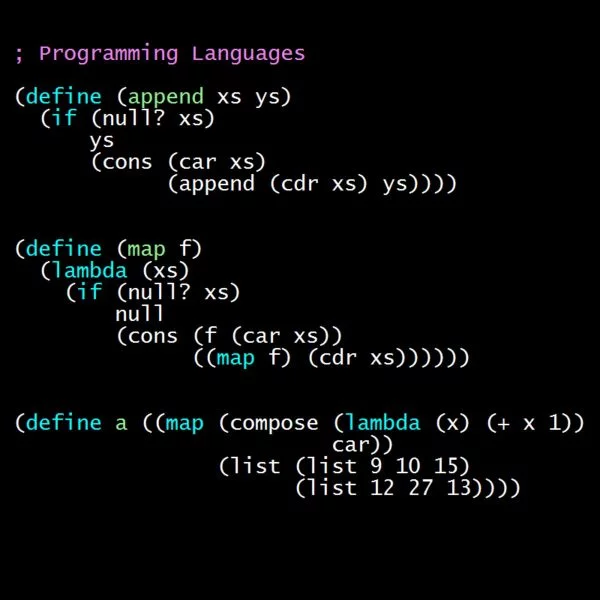
[As described below, this is Part B of a 3–part course. Participants should complete Part A first Part B “dives right in” and refers often to material from Part A.] This course is an introduction to the basic concepts of programming languages, with a strong emphasis on functional programming. The course uses the languages ML, Racket, and Ruby as vehicles for teaching the concepts, but the real intent is to teach enough about how any language “fits together” to make you more effective programming in any language and in learning new ones. This course is neither particularly theoretical nor just about programming specifics it will give you a framework for understanding how to use language constructs effectively and how to design correct and elegant programs. By using different languages, you will learn to think more deeply than in terms of the particular syntax of one language. The emphasis on functional programming is essential for learning how to write robust, reusable, composable, and elegant programs. Indeed, many of the most important ideas in modern languages have their roots in functional programming. Get ready to learn a fresh and beautiful way to look at software and how to have fun building …
Instructor Details
Courses : 3
Specification: Programming Languages, Part B
|
98 reviews for Programming Languages, Part B
Add a review Cancel reply
This site uses Akismet to reduce spam. Learn how your comment data is processed.
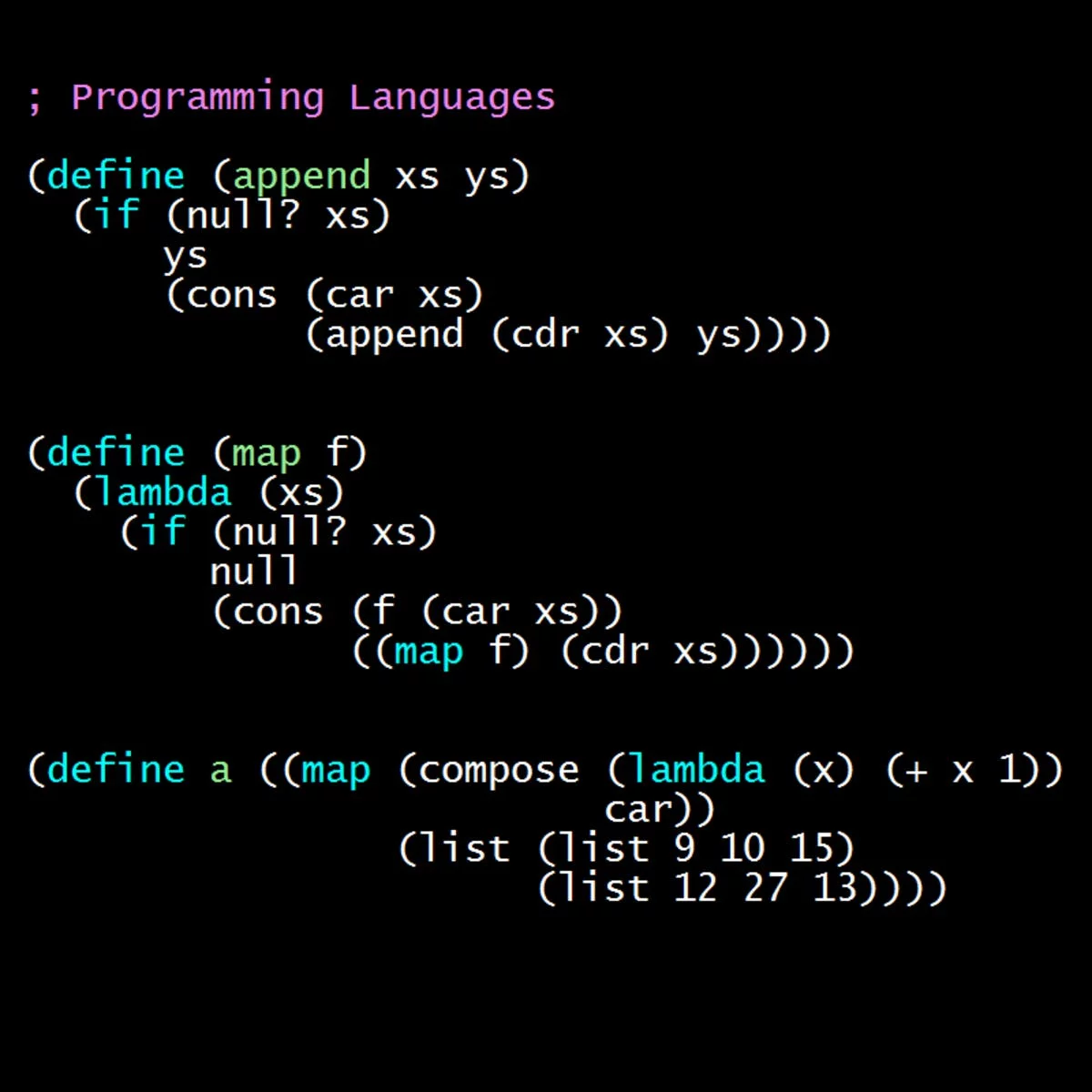
| Price | Free |
|---|---|
| Provider | |
| Duration | 19 hours |
| Year | 2016 |
| Level | Intermediate |
| Language | English |
| Certificate | Yes |
| Quizzes | No |

FREE

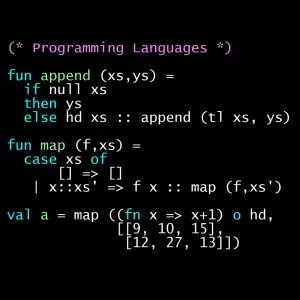

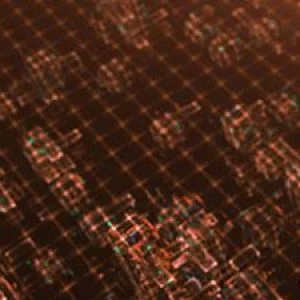
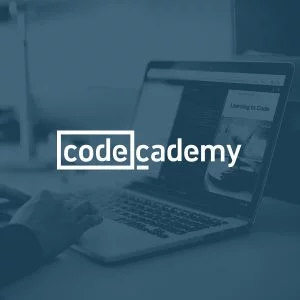

Henrik B –
The racket language is a bit strange and takes a bit to get used to, however after doing the homework and listening to the videos you realize that the choice is a good one for this course. The second homework gives a good understanding of how closures and evaluation of functions really work. A lot of work, but the reward is well worth it.
anton k –
Very interesting and challenging course. One of the best courses on Cousera, for sure.
Johnathan F –
Courses I’ve taken on programming languages often focus on one language. You learn the different concepts for that one language but don’t understand why the language chose those concepts and what the alternatives are. By covering three languages, this course integrates the concepts and their alternatives to give you a solid understanding of how languages work.
dynasty919 –
great experience using racket writing a toy interpreter!
Greg G –
It’s definitely harder than Part A Racket with its LISP like syntax was pretty daunting for me. I just can’t imagine using it in production after using so many C style languages, but I know that there are lots of Scheme and Clojure fans out there. But it was great to learn about dynamic typing, macros, and getting to deeply understand how interpreters work. That was a real wow moment!
Sunil B –
Awesome course for programmer’s interested in learning programming idioms or otherwise interested in language design
Vaidas A –
This course (as Part A and C) is great Dan is great in teaching and the content is perfect for anyone who wants to learn more about programming languages! Warning you might end up loving FP 🙂
Greg G –
It’s definitely harder than Part A Racket with its LISP like syntax was pretty daunting for me. I just can’t imagine using it in production after using so many C style languages, but I know that there are lots of Scheme and Clojure fans out there. But it was great to learn about dynamic typing, macros, and getting to deeply understand how interpreters work. That was a real wow moment!
Sunil B –
Awesome course for programmer’s interested in learning programming idioms or otherwise interested in language design
Lukas H –
Extremely enjoyable course! I wasn’t exactly looking forward to using the Racket language I knew nothing about it, to be honest, but it really impressed me. A beautiful language. But the course is not really about the language used. It covers some interesting topics (delayed evaluation, streams, type systems) and contains two very nice homework assignments: the first is mostly focused on streams (which is actually quite a fun) and in the second one you implement an interpreter for a simple language that contains closures!
Jeff T –
challenging, insightful, fun!
Jeff T –
challenging, insightful, fun!
Keith R –
I’m a pretty experienced C/C++ programmer and this course has been a brilliant introduction into functional programming and the underlying philosophies underpinning programming languages in general.
Keith R –
I’m a pretty experienced C/C++ programmer and this course has been a brilliant introduction into functional programming and the underlying philosophies underpinning programming languages in general.
Anton –
Great course with really interesting and challenging assignments that allow to get more precise vision on programming languages (especially on PL’s typing systems) and get experience with modern LISP
Anton –
Great course with really interesting and challenging assignments that allow to get more precise vision on programming languages (especially on PL’s typing systems) and get experience with modern LISP
Allison C –
I really enjoyed learning Racket and comparing and contrasting it with ML. Studying different languages has really helped me understand the strengths and weaknesses of each. Writing the “evaluator” was the best part of the course. Thanks to Dan Grossman and everyone else who put this course together.
Allison C –
I really enjoyed learning Racket and comparing and contrasting it with ML. Studying different languages has really helped me understand the strengths and weaknesses of each. Writing the “evaluator” was the best part of the course. Thanks to Dan Grossman and everyone else who put this course together.
Denis K –
A great course and It really complements well Part A.
Denis K –
A great course and It really complements well Part A.
ChristopherKing –
One of the best course on coursera, every cs student should take it.
ChristopherKing –
One of the best course on coursera, every cs student should take it.
Julian M –
DO THIS COURSE. It brings together everything in part A. In particular, the final shorter week on the differences between Statically and dynamically typed languages is mind bending and brilliant.
Julian M –
DO THIS COURSE. It brings together everything in part A. In particular, the final shorter week on the differences between Statically and dynamically typed languages is mind bending and brilliant.
Maria L V –
Learned a lot and enjoyed it!
Maria L V –
Learned a lot and enjoyed it!
Jacob K –
Just as good as the first segment of the course. Learned a lot of good material about dynamically vs statically typed languages and how languages are interpreted.
Luiz C –
Fantastic course, a must for anyone serious or interested about programming. Challenging, but time really well spent: Course very well organized, quality videos by a very engaging professor, and very interesting with gradual complexity exercises
Jacob K –
Just as good as the first segment of the course. Learned a lot of good material about dynamically vs statically typed languages and how languages are interpreted.
Luiz C –
Fantastic course, a must for anyone serious or interested about programming. Challenging, but time really well spent: Course very well organized, quality videos by a very engaging professor, and very interesting with gradual complexity exercises
Dingze W –
great course
Dingze W –
great course
Dali Z –
Amazing course!!! Excellent lecturer!! Really learn a lot of PL and Racket.
Dali Z –
Amazing course!!! Excellent lecturer!! Really learn a lot of PL and Racket.
Diego E H G –
Very useful, and I will continue with part C
Diego E H G –
Very useful, and I will continue with part C
Jin X –
Dan is so cool!
Jin X –
Dan is so cool!
Sean E –
This entire course (A through C) is gold. Nothing to add, if you have the time, take it! Thanks so much to Dan an the team!
Sean E –
This entire course (A through C) is gold. Nothing to add, if you have the time, take it! Thanks so much to Dan an the team!
Cheng H –
the best online course I’ve ever taken! expecting more courses from Dan and Washington University
Cheng H –
the best online course I’ve ever taken! expecting more courses from Dan and Washington University
Atsushi –
the course material was good! but the discussion forum was not so active.
Atsushi –
the course material was good! but the discussion forum was not so active.
Berin L –
Has to be the best online course, I have ever taken.
Berin L –
Has to be the best online course, I have ever taken.
Tang H T –
Dan is awesome! It is best to take part a to c in sequence
jan s –
unfortunately all the solutions for the homework are online.
Tang H T –
Dan is awesome! It is best to take part a to c in sequence
jan s –
unfortunately all the solutions for the homework are online.
Oleg K –
Some tasks were very challenging but the course is really awesome
Oleg K –
Some tasks were very challenging but the course is really awesome
Andrii D –
Good course with interesting and challenging assignments
Andrii D –
Good course with interesting and challenging assignments
Arent S –
The programming languages courses are by far the best Coursera courses that I’ve seen in my life. The teacher is passionate and really wants to teach programming ‘idioms’. The syntax of a language, or the structure for that matter are not as relevant as the underlying idea. With this course you will learn to recognize the underlying patterns of programming. These patters will always be usefull, no matter the language or environment. I highly reccomend this course.
Arent S –
The programming languages courses are by far the best Coursera courses that I’ve seen in my life. The teacher is passionate and really wants to teach programming ‘idioms’. The syntax of a language, or the structure for that matter are not as relevant as the underlying idea. With this course you will learn to recognize the underlying patterns of programming. These patters will always be usefull, no matter the language or environment. I highly reccomend this course.
Sebastijan P –
TOP course.
Sebastijan P –
TOP course.
Pablo A –
Excellent intro to a Lisp and functional programming in a dynamically typed language. Very hard but rewarding homework. It is worth the effort in my opinion to make you a better programmer if you are already one or to train you right from the beginning if you are new to it.
Pablo A –
Excellent intro to a Lisp and functional programming in a dynamically typed language. Very hard but rewarding homework. It is worth the effort in my opinion to make you a better programmer if you are already one or to train you right from the beginning if you are new to it.
Ernesto G –
Very good course for cementing programming concepts.
Ernesto G –
Very good course for cementing programming concepts.
Tega E –
Very taxing but very much worth it.
Tega E –
Very taxing but very much worth it.
Rashid P –
One of the best course in any MOOC format
Rashid P –
One of the best course in any MOOC format
Jo –
Excellent course. Clear and enlightening lectures. Two solid programming assignments, which help with internalizing the topics covered in the course. The first covers things like closures, implementing laziness with closures, and using local state from closures for memoization. In the second we implement a basic lisp interpreter!
Jo –
Excellent course. Clear and enlightening lectures. Two solid programming assignments, which help with internalizing the topics covered in the course. The first covers things like closures, implementing laziness with closures, and using local state from closures for memoization. In the second we implement a basic lisp interpreter!
Julie L –
This course was awesome. I would caution you to take Dan’s claim that “Part A is almost as substantial as Part B and Part C combined” with a grain of salt. This couldn’t be further from the truth. Parts B and C are challenging, with the difficulty increasing as you progress further into the course. This makes the three part series an exceptional value.
Julie L –
This course was awesome. I would caution you to take Dan’s claim that “Part A is almost as substantial as Part B and Part C combined” with a grain of salt. This couldn’t be further from the truth. Parts B and C are challenging, with the difficulty increasing as you progress further into the course. This makes the three part series an exceptional value.
xinxiao –
This is a great programming course. The instructor explained the key concepts extremely clear and concise. I found this course when reading the well known SICP book (Structure and Interpretation of Computer Programs), and I was trying to pick up a scheme dialect, and found that several people suggest racket. However, the course is actually more interesting than racket itself. It covers lots of functional programming idioms, in a precise and systematic way. Also some concepts where I read in other places informally, such as “thunk”, “lazy evaluation”, “infinite stream” are explained with great clarity. It also makes reading SICP much easier. I wish there could be more courses like this in Coursera.
xinxiao –
This is a great programming course. The instructor explained the key concepts extremely clear and concise. I found this course when reading the well known SICP book (Structure and Interpretation of Computer Programs), and I was trying to pick up a scheme dialect, and found that several people suggest racket. However, the course is actually more interesting than racket itself. It covers lots of functional programming idioms, in a precise and systematic way. Also some concepts where I read in other places informally, such as “thunk”, “lazy evaluation”, “infinite stream” are explained with great clarity. It also makes reading SICP much easier. I wish there could be more courses like this in Coursera.
Wang G –
Very good course
Wang G –
Very good course
Wu Z –
this is really a rewarding course!
Wu Z –
this is really a rewarding course!
Jurgen B –
Highly recommend.
Jurgen B –
Highly recommend.
Jayadev H –
Better than the first one has we get more into the theory which is super useful!:) Thanks Dan!
Guo F –
I can’t say enough good things about this course. Learned a ton from it! Although I doubt I will do a comprehensive amount of functional programming, I don’t doubt that this course has consolidated the foundation of my “imperative thinking” and makes me a better Java/C++ programmer. Thanks Dan!
Guo F –
I can’t say enough good things about this course. Learned a ton from it! Although I doubt I will do a comprehensive amount of functional programming, I don’t doubt that this course has consolidated the foundation of my “imperative thinking” and makes me a better Java/C++ programmer. Thanks Dan!
Iris H –
Great follow up to Part A, really builds on the concepts introduced there and tackles some quite complex topics (writing an interpreter)!
Iris H –
Great follow up to Part A, really builds on the concepts introduced there and tackles some quite complex topics (writing an interpreter)!
Luis G –
excellent. not much to add to what has already been said in other reviews.
Luis G –
excellent. not much to add to what has already been said in other reviews.
alfred –
I think the course should be deeper and the assignment should be harder. Anyway, thanks for your effort!
alfred –
I think the course should be deeper and the assignment should be harder. Anyway, thanks for your effort!
Peter D –
Very good course. It helps contrast dynamically typed language such as Racket and a statically typed language such as ML to help me better understand the tradeoffs in language designing. In this sense, it makes me a better programmer in other languages.
Peter D –
Very good course. It helps contrast dynamically typed language such as Racket and a statically typed language such as ML to help me better understand the tradeoffs in language designing. In this sense, it makes me a better programmer in other languages.
Adetokunbo A –
Excellent course!
Adetokunbo A –
Excellent course!
Brandon C I –
Nice follow up to the first course. I’ve seen Racket before, but seeing Racket structs used the way they were relating them to “creating a new datatype” was an “aha” moment for me. It was also good for me to finally learn a little about about what “macro hygiene” was all about; how to use memoization; and to get some practice with streams. They also weren’t kidding when they said that “debugging an interpreter is an acquired skill” 🙂 Finally, the material on the soundness and completeness of a static type checker was completely new to me, but I liked those concepts. The only caveat is that you should’ve taken Part A before, since this course often makes heavy, non trivial references to ML, and other ideas taught in that course.
Anran –
It’s challenging as much as it is rewarding, and the peer review is a very nice arrangement for people to see how others are doing things!
Yuhang W –
Learned a lot. Fall in love with PL because of this course!
Blaz P –
Thank you prof.Grossman!
Jimmy C C –
I watch the video lectures as supplements for a course I am taking at my university, which happens to be based on this course. I feel compelled to say that this is one of the best courses I have ever taken and Dan Grossman is the best instructor I have ever had.
Remie C –
So Great! I will keep learning the SICP!
Yun L –
Great course to learn dynamic typed language, and implemented a interpreter on a small language.